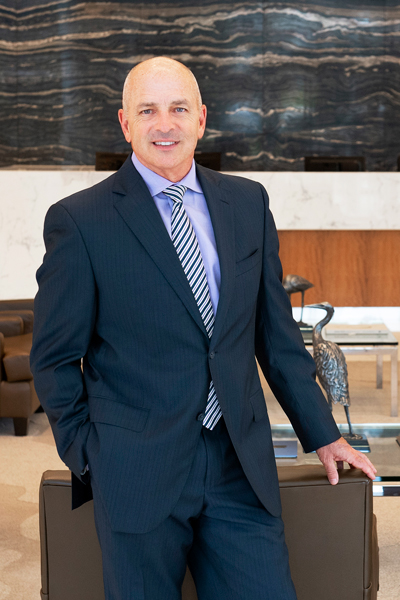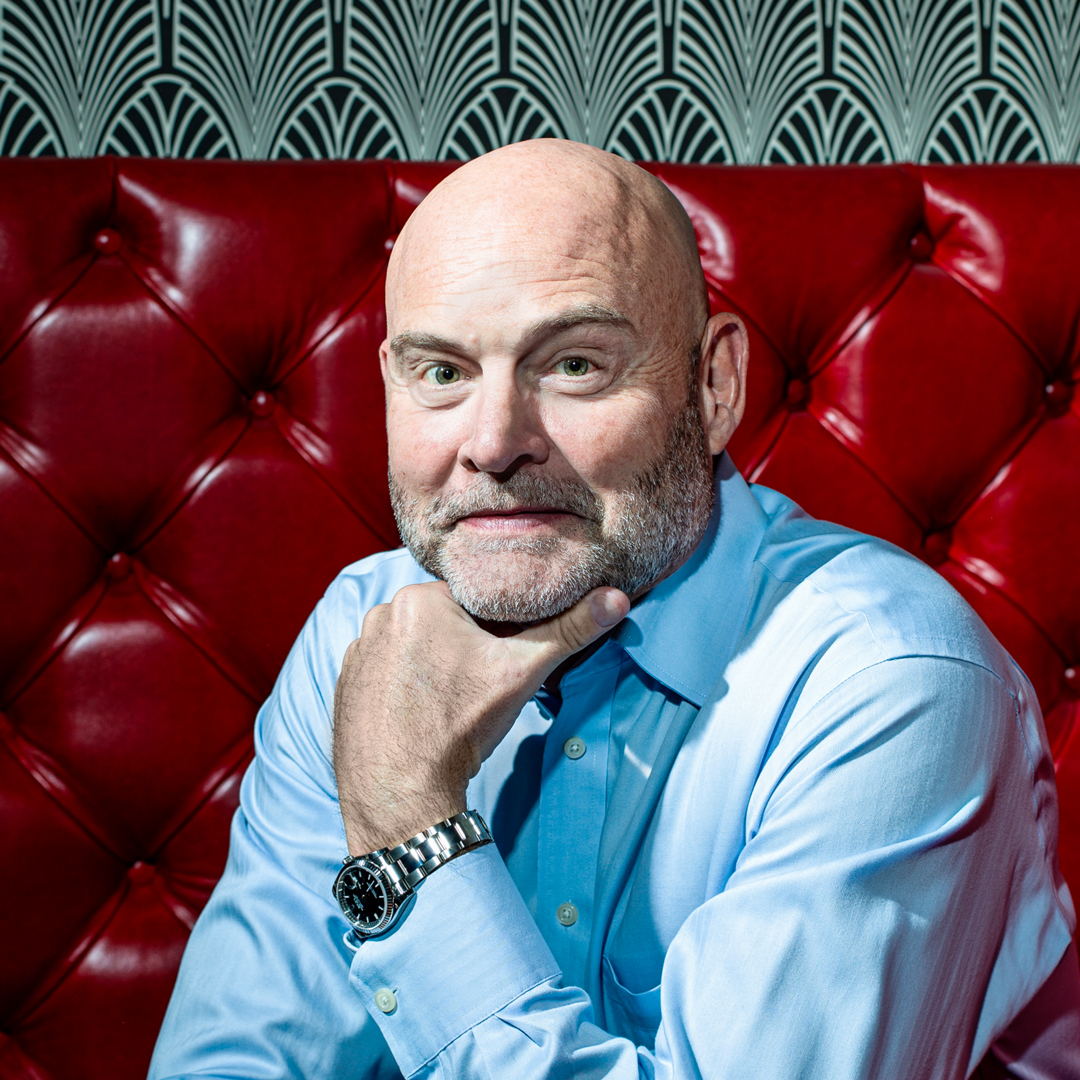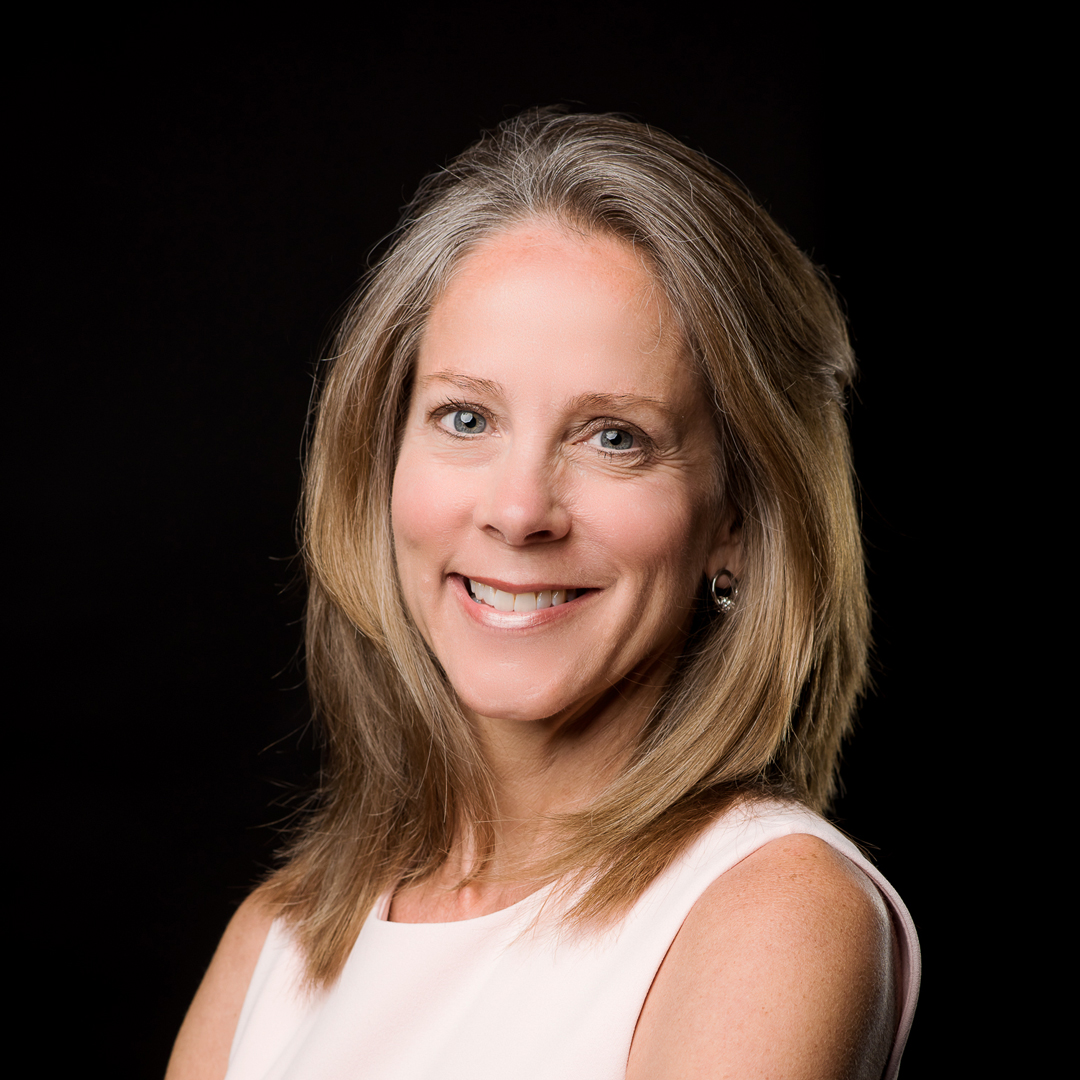To Rod Smith, associate general counsel at Texas-based exploration and production company Anadarko Petroleum, simply knowing the law or the right answer isn’t enough to be a good in-house attorney. You also have to be willing to be courageous.
“[Courage is] one of the most important things needed for an in-house counsel role in corporate America, and something that’s often lacking,” Smith declares. “It takes a lot of courage to be a good in-house lawyer because there are so many times when you have to stand up and question what everyone else in the room is saying. The in-house lawyer in the room is the only one with a fiduciary duty to the shareholders, so lawyers not only should say something; we have an ethical responsibility to say something.”

And since 2011, when Smith joined Anadarko Petroleum as one of its first experts with a liquid natural gas (LNG) background, he has striven to speak out, to say yes when others say no, and to do what others thought impossible. In fact, Smith believes that his willingness to question the status quo has been central to his success as an international negotiator.
Most lawyers in the US are trained in common law, Smith explains, and because of that training, their perspectives are often more oriented to business outcomes when trying to overcome legal obstacles and challenges. For example, American business and law schools often teach students that when they are brainstorming a solution to a dispute between two parties, a win-win solution is always ideal. But for a company like Anadarko Petroleum, which manages projects in many countries and regions in civil law jurisdictions, win-win proposals often only cause further delay.
“If you’re doing business in China or Russia or some countries in the Middle East, you might find yourself in a deadlock if you try to solve a problem with a Western-style win-win solution,” Smith says. “The other side doesn’t necessarily think about concessions and wins in the same way you do, so you have to think outside the box.”
For Smith, however, courageousness doesn’t end at questioning the applicability of your training. It also means making courageous legal decisions. “‘No’ cannot be the end of the story,” Smith asserts. “You have to take the next step and ask yourself what you can do, the legal constraints or regulatory framework notwithstanding.”
And if there isn’t a solution available within the existing legal framework? “You get the law changed,” Smith says simply.
And that is exactly what Anadarko did in Mozambique. For the past eight years at Anadarko, Smith has been managing the legal challenges associated with an ambitious $20 billion LNG project based in a remote northern region of Mozambique. In 2013 and 2014, Smith says that he and his team expended significant time, money, and effort negotiating a law to underpin and support the scope of the investment that Anadarko and other oil companies plan to make.
“‘No’ cannot be the end of the story. You have to take the next step and ask yourself what you can do, the legal constraints or regulatory framework notwithstanding.”
But even from the beginning of this effort, Smith had to continually speak up against the dissent he kept hearing from people at his own company.
“Some of our management and even some members of my own team told me early on when we proposed this strategy that we’d never get that kind of project- or industry-specific legislation passed through Mozambique’s National Assembly, simply because no other law of this kind had been passed before,” Smith notes. “But after two years of intense negotiations, we got the law passed. And now, over the next ten to twenty years, you will see Mozambique enter the LNG space. It could eventually become the third-largest LNG producer in the world.”
While the LNG projects are of course a critical business opportunity for Anadarko Petroleum, Smith says that it is also a gamechanger for Mozambique. “The amount of natural gas offshore of Mozambique has the potential to double the country’s GDP,” Smith says. “These projects are transformational for the country.”
Now, the Anadarko-led Mozambique LNG project is moving to the next phase—construction of the facilities to liquify and export the natural gas. But the legal and contractual framework underlying that construction is, according to Smith, one of the proudest accomplishments of his entire career. “It’s a landmark piece of legislation. It will give our shareholders a good return on their investment while unlocking unbelievable opportunities for Mozambique,” says Smith. “And that is a win-win I can get behind.”
King & Spalding LLP:
“Rod’s strategic thinking, business acumen, and legal experience globally truly made a difference in making key decisions for the successful development of the Moz LNG project. This is the largest greenfield LNG onshore project in Africa, and it is an honor to work with Rod on it.”


